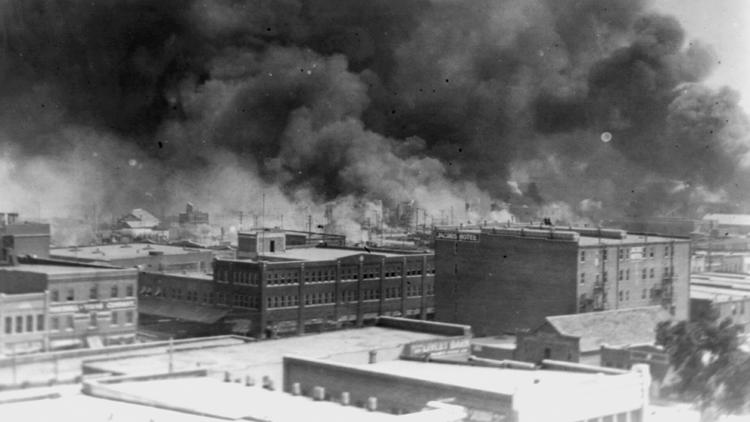
The Tulsa Race Massacre of 1921 holds a dark place in American history, marking one of the most horrific acts of violence against Black people in the United States. The attack by a white mob on the prosperous Black district of Greenwood, also known as Black Wall Street, resulted in devastating loss of life and property.
Recently, the Justice Department announced plans to launch a review of the massacre as part of a federal cold-case initiative. While there may not be living individuals who can be prosecuted for these crimes today, the probe aims to shine a light on this tragic event and provide closure for descendants of survivors.
The descendants of survivors, such as 110-year-old Viola Fletcher and 109-year-old Lessie Benningfield Randle, expressed relief and joy at the federal investigation. For over a century, families affected by the massacre have demanded recognition and reparations for the trauma they endured.
The federal review intends to publish a public report by the end of the year, outlining its findings related to the Tulsa Race Massacre. This initiative is a crucial step towards acknowledging and rectifying the racial terrorism that occurred in Tulsa in 1921.
Despite setbacks in the form of court dismissals in June, which hindered efforts to seek financial compensation for survivors and their families, advocates for racial justice have persistently pursued avenues for accountability. The involvement of the Justice Department under the Emmett Till Unsolved Civil Rights Crime Act signifies a renewed commitment to addressing historical injustices.
While the road to justice for events prior to 1968 may be fraught with legal obstacles, the DOJ’s track record with other Civil Rights Era cases offers hope for closure and resolution. The Act has brought about successful prosecutions and convictions in past cases, highlighting the importance of holding perpetrators accountable for their actions.
As the federal investigation into the Tulsa Race Massacre unfolds, it serves as a reminder of the enduring legacy of racial violence in America. By confronting the past and acknowledging the pain inflicted on Black communities, we move closer to a future where accountability and justice prevail.




